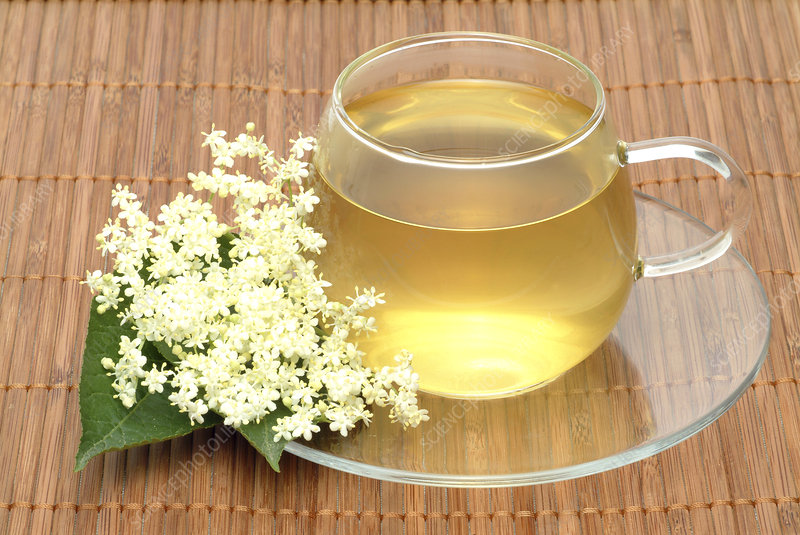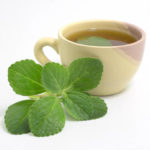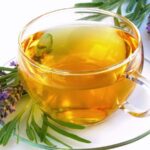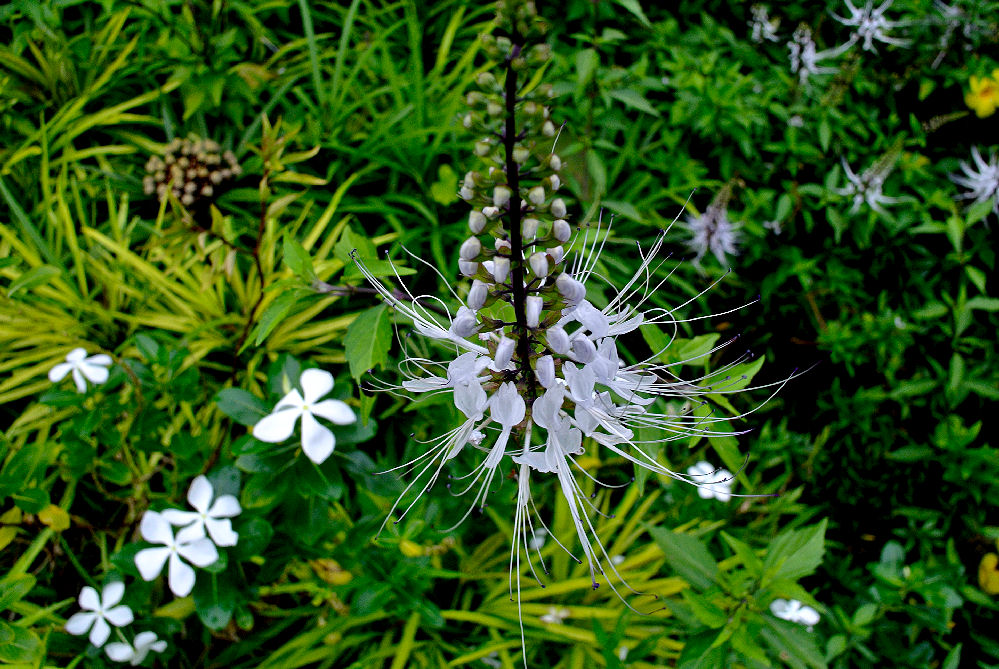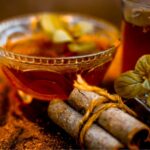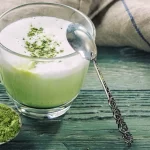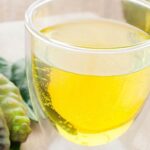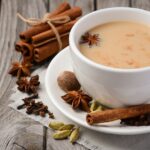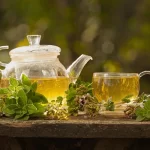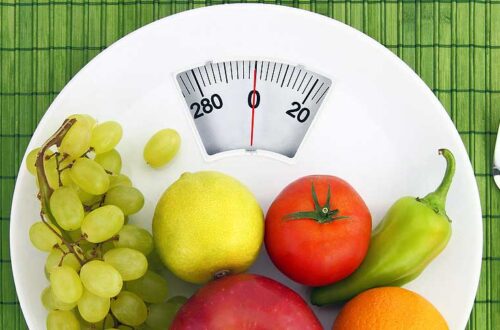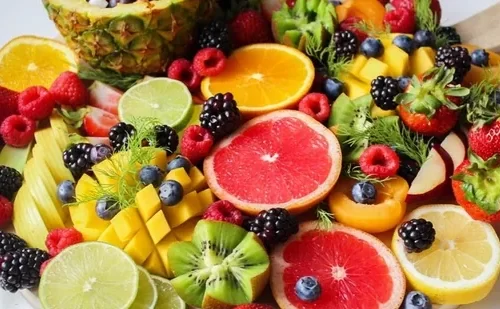Helpful Benefits of Elderflower Tea
Immune system support and anti-inflammatory properties are some of the benefits of elderflower tea. Elderflower tea is made from the flowers of the elderberry plant (Sambucus nigra) and is known for its pleasant taste and potential health benefits.
Here are some of the benefits associated with elderflower tea:
Immune system support: Elderflowers are rich in antioxidants, including flavonoids, which help protect the body against damage caused by harmful free radicals. Antioxidants can support the immune system and may help reduce the risk of chronic diseases.
Respiratory health: Elderflower tea has traditionally been used to alleviate symptoms of respiratory conditions like colds, coughs, and sinus congestion. It may help soothe inflamed nasal passages and relieve congestion, making it beneficial for respiratory health.
Anti-inflammatory properties: Elderflower contains anti-inflammatory compounds that may help reduce inflammation in the body. This can be beneficial for various conditions associated with inflammation, such as arthritis and allergies.
Diuretic and detoxifying effects: Elderflower tea has mild diuretic properties, meaning it may increase urine production and help flush out toxins from the body. This can support kidney function and aid in detoxification.
YOU MAY LIKE: How to Increase Your Metabolism
Digestive support: Elderflower tea is often used to support digestion. It may help alleviate digestive issues such as bloating, gas, and indigestion. Additionally, it has been used to promote healthy bowel movements and relieve constipation.
Calming and sleep aid: Elderflower tea has a pleasant aroma and taste that can promote relaxation and a sense of calm. It is often used as a natural remedy for stress and anxiety. Some people also find that it helps improve sleep quality.
Skin health: The antioxidants present in elderflower tea can help protect the skin from damage caused by free radicals and environmental stressors. It may also have anti-aging effects and help promote a healthy complexion.
It’s worth noting that while elderflower tea is generally safe for consumption, it may cause allergic reactions in some individuals. If you have any existing health conditions or are taking medications, it’s always a good idea to consult with a healthcare professional before adding any new herbal teas to your routine.
About Elderflower
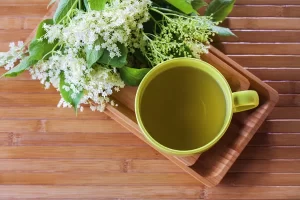
Internally, both the bark of young branches and the root (the inner bark which is used) are purgative and diuretic in proper dosage. In large doses, they are emetic, strongly purgative, and can cause inflammation in the gastro-intestinal tract.
Elderflower taken warm induces sweating. They are used in the first stages of colds and flus. Combine equal parts of the flowers with peppermint, to make a tea (1 oz per pint of water) and drink as hot as possible. Take the tea in bed or just before taking a hot bath; and then sweat out the cold or flu during sleep.
Externally, elderflower are also used in salves for the treatment of burns, rashes, and minor serious skin ailments, as well as hemorrhoids, sprains, and wounds
Benefits of Elderflower Tea
Fighting Influenza and Infectious Diseases
Elderflower has diuretic, laxative, antiseptic, antiviral and anti-inflammatory properties. This flower is known for its high levels of antioxidants and vitamin C, which are great for boosting your immune system.
Elderflower also helps fight the flu and respiratory ailments by promoting the elimination of water from the body and helping to “sweat”.
“Compounds from elderberry directly inhibit viral entry and replication into human cells while boosting the immune system.”
“Our study showed that elderberry has a strong direct antiviral effect against the influenza virus,” he said Golnoush Travian.
Colds and allergies
Elderflower contains astringent tannins that dry out the eyes and runny nose. It’s also a savior in preventing what I call “red nose syndrome” caused by excessive blistering in the eyes. Elderflower also has anti-inflammatory and soothing properties.
MRSA, H5N1, disinfectants
A study done in Ireland showed that elderflower can also help fight various hospital pathogens, including: B. methicillin-resistant Staphylococcus aureus (MRSA) is surprisingly effective.
This study, and others, like the 1995 study mentioned above, show studies in Hadassah showing how effective elderflower is against human, swine, and avian influenza strains.
SEE ALSO:Healthy Breakfast Ideas for Weight Loss
Relaxation
Because elderflower is so delicious and has so many benefits, it’s easy to ignore how drinking tea makes you feel. Elderflower is often used for calming and relaxing purposes.
Elderflower has a calming effect and supports the nervous system during times of stress. It calms nerves and anxiety and helps relieve symptoms of depression.
Healthy skin and joints
The flowers contain flavonoids, perhaps the most important being quercetin, which reduces oxidative stress in the body.
This helps protect the skin, joints and blood vessels from damage. It is commonly used in skin creams and is often recommended for those suffering from arthritis.
Cholesterol
Elderflower helps lower cholesterol and blood sugar levels in the body. The flavonoid quercetin found in elderflower has been shown to lower cholesterol and act like insulin on the body.
Diuretics
Another benefit of elderflower herbal tea is its diuretic properties and may enhance the effects of diuretics. This tea also helps increase urine output.
Use of mouthwash and mouthwash
Brewed with elderflower tea, its flavor and antiviral properties make it an excellent mouthwash. Use this tea as a mouthwash to relieve coughs, colds, and hoarseness (larynxitis).
Anti-inflammatory action
Elderflower tea has anti-inflammatory properties and can be used topically on the skin to treat joint pain (rheumatism), pain, and swelling (inflammation). To learn more about the benefits of elderflower tea, check out this article.
How to make elderflower tea
Like all herbal teas, elderflower tea is very easy to make. All you need is:
– 1 teaspoon dried elderflower
– boiling water
Put the dried flowers into the tea strainer and pour hot water into the cup. Cover and let stand for 10 minutes before serving.
What does elderflower tea taste like?
Elderflowers are often associated with summer. Elderflower tea has a mild aroma and a slightly sweet taste and can be enjoyed without sweeteners. The taste is not very strong, but it has a strong floral scent.
Be sure to buy tea from a specialty store.
The bark, leaves, and seeds of elderberry are poisonous and should be avoided altogether. Both elderflower and berries can be used if prepared properly, but avoid all leaves, branches and roots. Always consult your doctor before trying any new kind of herbal tea to make sure there are no illnesses or drug interactions.
Worst Foods for Erectile Dysfunction

A graduate of Computer Science and Information Management Technology. Diploma – Caregiving, Certificates – Dementia and Diabetes Awareness and Management. A researcher, blogger, songwriter, singer and acoustic guitarist. Born in an environment where natural talents such as healing are imparted at our natural birth. This natural talents of healing is the result of our genetic inheritance and the training from family environment.

